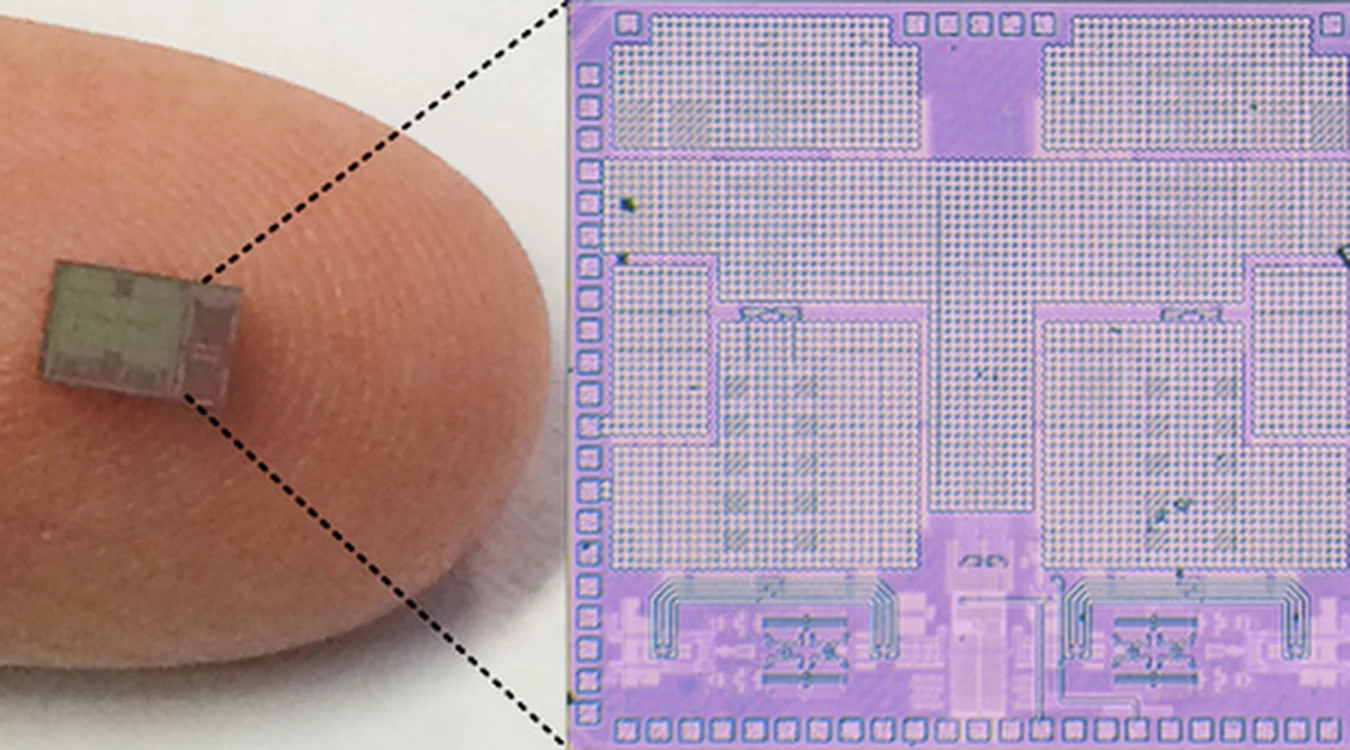2015-03-02 »
Some good news about women in engineering.
https://medium.com/backchannel/marissa-mayer-has-completed-step-one-71dc31912855
"""
Savitt uses as an example of a time when engineers were stepping up security for Yahoo Mail by forcing users into an awkward process to come up with a new password. Mayer demanded that the executive staff themselves be locked out of their accounts so they could see from a user’s point of view how the process affected people.
"""
2015-03-07 »
Oh wow. This is the first I've heard of seccomp(2), but it looks amazingly elegant.
http://man7.org/linux/man-pages/man2/seccomp.2.html
In particular SECCOMP_SET_MODE_STRICT looks like it would be very easy to use (and pretty easy for any Unix-like kernel to implement) and would be great for things like packet parsers that just read stdin and write stdout.
2015-03-12 »
"I'm pretty sure the secret service is like vampires: they have different rights if you actually invite them into your apartment."
– me
2015-03-18 »
Pretty neat stuff. Although I wonder if a 2x improvement in spectral efficiency is worth the insanity tradeoff (ie. all this stuff sounds nice, but is likely to fail in incredibly obscure ways).
http://www.engineering.columbia.edu/new-technology-may-double-radio-frequency-data-capacity-0

2015-03-19 »
That's twice in two days that IPv6 made my life worse. Still zero times that IPv6 has made my life better.
#scoreboard
2015-03-21 »
New product idea: we can make a special "privacy enhancer" box that ISPs install. Basically it just puts a large number of people behind a small number of IP addresses, which makes it hard for web sites to track you against your will, because there will be tons of other people on the same IP.
As an end user, how much do you think you'd have to pay for such a feature? $10/month? $20? $100? No! If you act now, you can have this amazing feature for the low, low price of...
2015-03-22 »
#TIL about Java "default methods." What a hack. I'm without words. Interfaces can have method implementations now?
http://docs.oracle.com/javase/tutorial/java/IandI/defaultmethods.html
What they could have done to achieve the same effect is copy Extension Methods from C#. Those are really elegant and not hacky at all: https://msdn.microsoft.com/en-us/library/bb383977.aspx
There are many reasons extension methods are nice. But the main things that appeal to me are:
1. Anybody can add them later without modifying the base interface (so you can create a new package that adds extension methods to the system-provided List or String or anything else).
2. The new extension methods only appear if you import the package that implements them into the caller's namespace. This turns out to be exactly what you want, because the caller is the one trying to use the new semantics, or who will be surprised if new methods suddenly appear in an old class, respectively.
Extension Methods are sometimes compared to monkeypatching in Ruby and javascript, but that comparison is not correct, because of #2. If you add extension methods to the string class, the thus-extended objects do not appear extended for anybody you pass them to, so there's no "spooky action at a distance" problem like there is in Ruby.
Those who do not understand X are doomed to reinvent it, poorly.
2015-03-24 »
"When setting up the 5GHz band usually it's best to set the router to use a channel well over 100. Over 150 if there's a clear channel."
– from the GFiber user forums
Well, I'm gonna consider that half a success in getting my message across. Sort of.
2015-03-27 »
Wow, I've been here 4 years already. That's roughly 16 times longer than I figured I'd last.
2015-03-29 »
Well, this looks fun.
http://simula.stanford.edu/~alizade/Site/DCTCP.html
Apparently the idea is to slow down in relation to how many packets are lost, as opposed to just dropping off very fast when a single packet (or maybe two) is lost. This sort of thing would help a lot for GFiber customers, I suspect, whose connections (when nearby at least) are a lot more like connections to a datacenter than to the rest of the Internet. On the other hand, I suspect this has effects on the Internet itself that are somewhere between "untested" and "really really bad."
According to what I've been able to measure, GFiber customers' performance at the moment (when on a wired link) is limited mainly by the fact that you could have transferred almost any reasonable amount of data within a single RTT. So any kind of packet loss, window sizing, etc is automatically making a typical transfer several times slower.
2015-03-30 »
These slides are pretty awesome. Jump to slides 30 and 31 for a really simple visual explanation of why traffic burstiness occurs naturally on essentially all kinds of networks (packets, cars, and trains).
2015-03-31 »
"Academia is one of the few places where history is written by the losers.
The winners are usually too busy doing the next new thing."
- Dave Taht, supposedly paraphrasing Van Jacobson
Why would you follow me on twitter? Use RSS.

